Owning 7 hectares of hill garden at the foot of Chay mountain, Mr. Ngo Van Khanh's family in Tien Son area, Tien Luong commune, Cam Khe district not only exploits forest resources but also takes advantage of the natural conditions and climate here to develop hill chicken farming. From a poor household, thanks to hard work, diligence in researching and learning about livestock farming, up to now, he and his wife have built a solid business, becoming "hill millionaires".
Chickens are raised free range, so they have few diseases and grow evenly.
Located about 7km from the commune center, the road to Tien Son area is now more convenient than before. The people in the area have unanimously contributed their efforts and money to join the State in concreting the road to the foot of Chay mountain, replacing the previous trail. Since the road was widened, the business of the people here has been more favorable than before, the economy is less difficult, and the products are easily consumed because traders come to buy them at home. Thanks to that, Khanh's family's hill chicken farm has also developed strongly in the past few years.
After pouring a cup of tea to invite guests, Mr. Khanh led us to visit the spacious, neatly built, airy livestock area. From the brightly lit cages for brooding chickens, mid-sized chickens to brooding chickens ready for sale, they are divided into separate areas convenient for raising the flock. Waving his hand towards Chay mountain - where the sugarcane chickens are ready for sale, Mr. Khanh said: "5 years ago, the chicken farming here was still spontaneous, without planning or planning, so it was difficult to control all diseases, passive in terms of breeding, especially unstable output, and unstable prices.
Faced with that reality, I also worried that if this continued, chicken farming would have little chance of sustainable development. Therefore, in May 2019, I discussed with 12 other households in the area and decided to establish the Tien Son Hill Chicken Cooperative. From there, it contributed to changing the method of small-scale production to the direction of joint production, aiming to increase the value and income of member households.
Becoming the Director of the Cooperative, Mr. Khanh actively promoted and mobilized member households to contribute capital and borrow from banks to invest in building over 5,000m2 of barns with a budget of billions of VND to develop broiler chickens and egg-laying chickens to supply the market. In order for the chickens to grow well and have few diseases, all members of the Cooperative are equipped with knowledge about biosafety farming.
During the raising process, the cooperative uses foods in the permitted list, uses biological bedding to create the best living environment for the chickens, while limiting odors and reducing the amount of waste seeping into the environment. By always strictly following the raising process from input breeds, cleaning the barn to treating waste according to regulations, the chickens grow well and can be sold after 4.5 months.
After more than 5 years of operation, many member households of the Cooperative have had stable income and annual growth from raising chickens. A typical example is Mr. Khanh's household, before joining the Cooperative, only raised a few thousand chickens per batch, but now the scale has expanded to over 10,000 chickens, selling 40-50 tons of chicken meat each year. After deducting expenses, his family earns a profit of 700-750 million VND/year. Not only enriching his family, Mr. Khanh also actively supports and shares with member households from care techniques, disease prevention to consumption.
Every year, Mr. Ngo Van Khanh's family raises more than 10,000 sugarcane chickens, and after deducting expenses, they earn a profit of 700-750 million VND.
The Cooperative currently maintains a total flock of nearly 70,000 chickens, mainly broilers. The Cooperative's broiler products are popular in the market and consumed in the northern provinces and cities, including Hanoi . The organization of livestock farming under the cooperative model has initially helped members to be more closely linked in livestock farming, sharing advantages and difficulties, thereby creating sustainable jobs for 15-20 local workers with an income of 5-6 million VND/person/month.
In the coming time, Mr. Ngo Van Khanh will work with the members of the Cooperative to search for and expand the consumption market, in order to increase revenue for the Cooperative, income for member households, maintain the Tien Son hill chicken brand, and strive to soon be recognized as a local OCOP product.
Hong Nhung
Source: https://baophutho.vn/xay-co-nghiep-duoi-chan-nui-chay-220517.htm


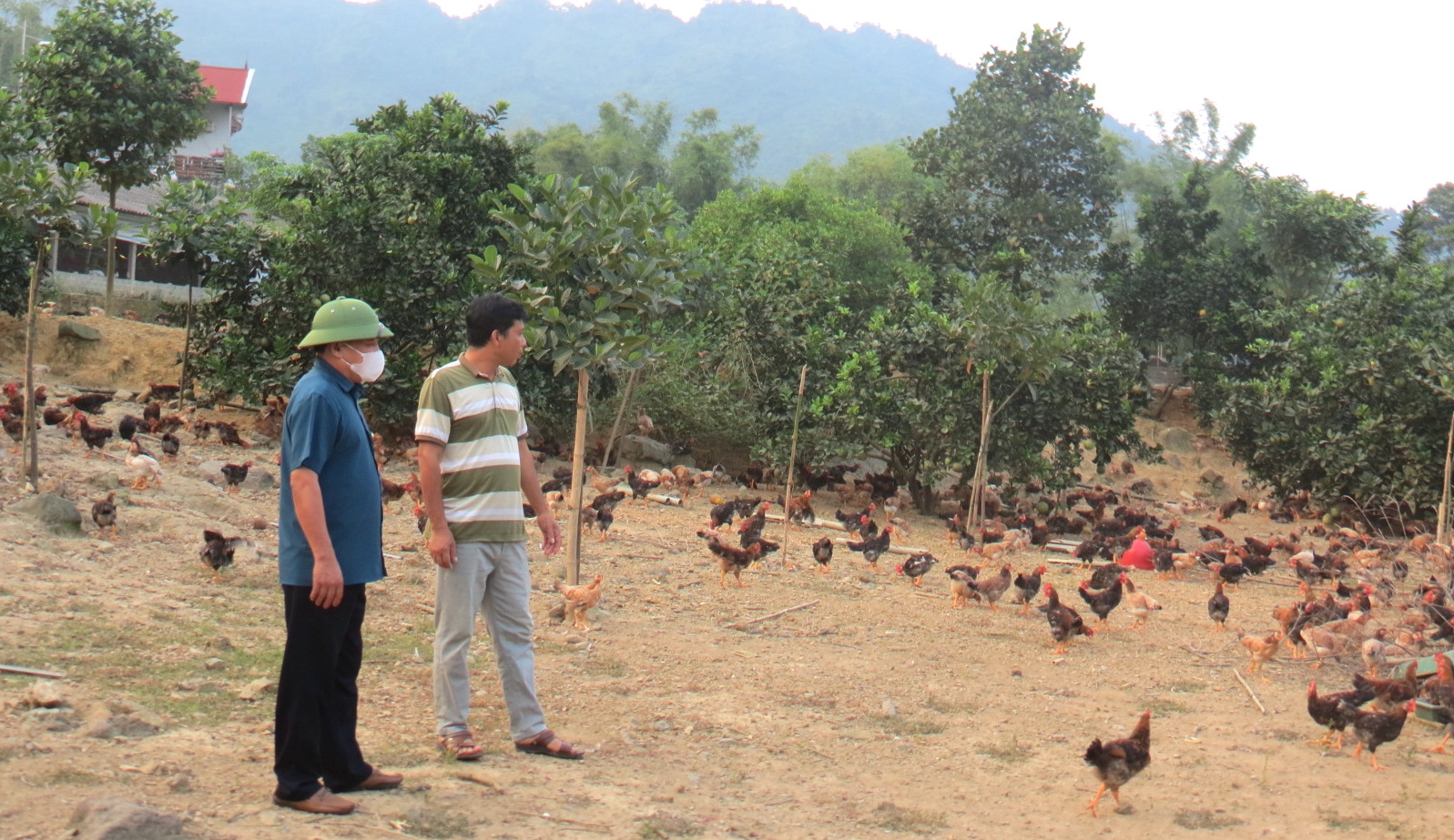
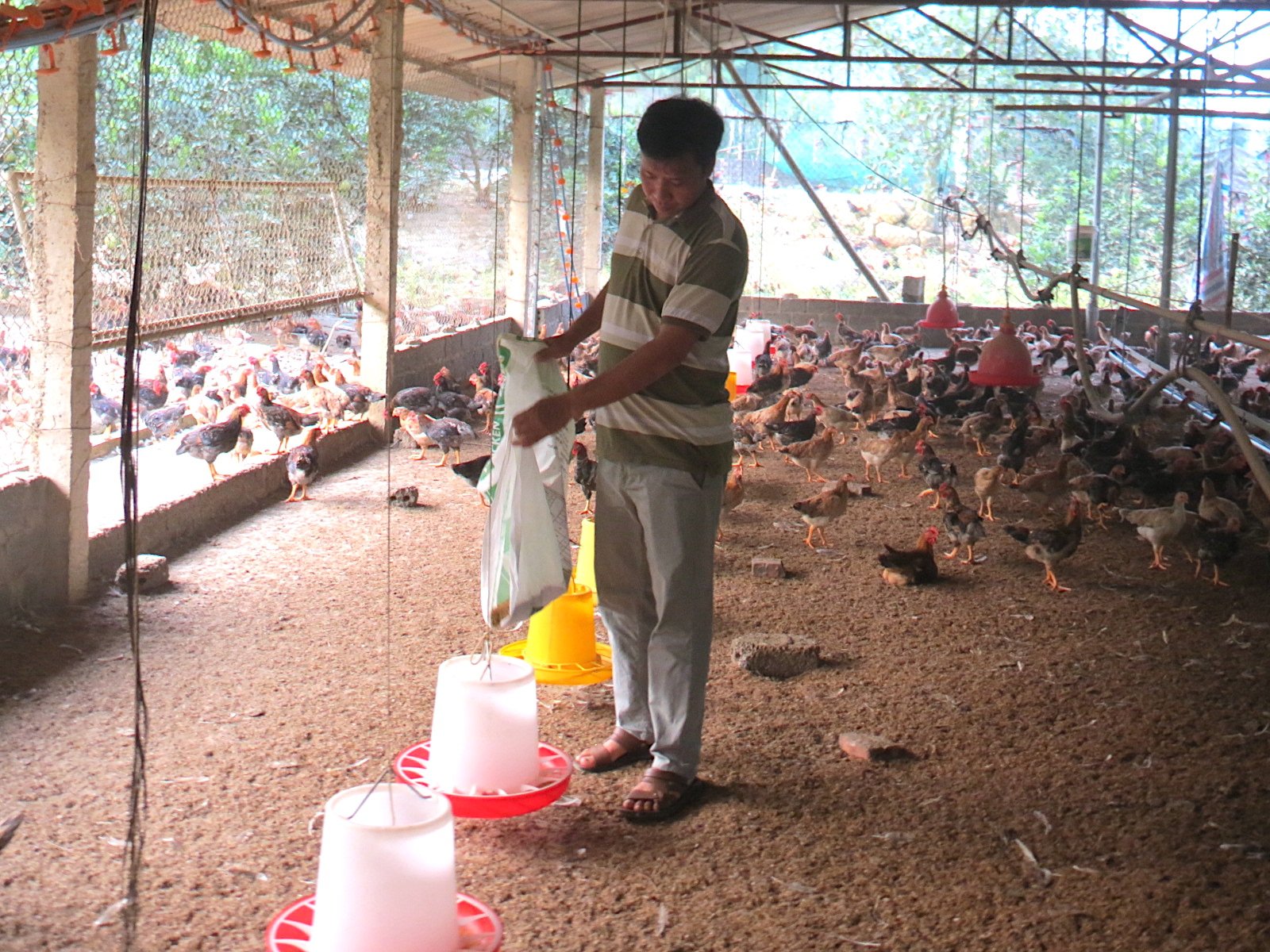


![[Photo] Binh Trieu 1 Bridge has been completed, raised by 1.1m, and will open to traffic at the end of November.](https://vphoto.vietnam.vn/thumb/1200x675/vietnam/resource/IMAGE/2025/10/2/a6549e2a3b5848a1ba76a1ded6141fae)



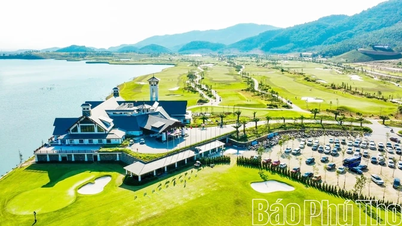

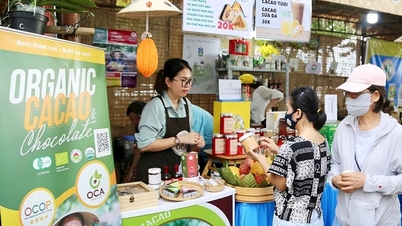

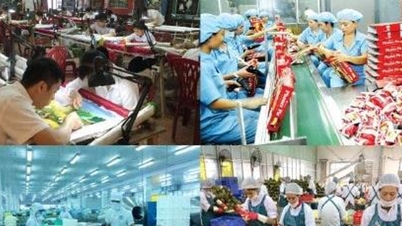
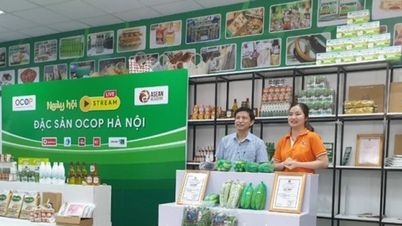
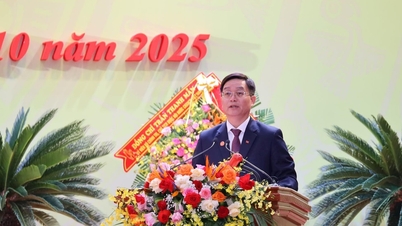
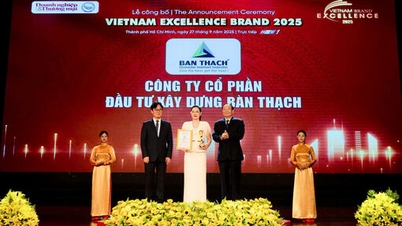

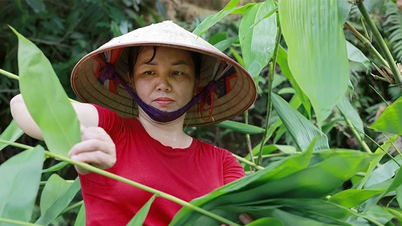
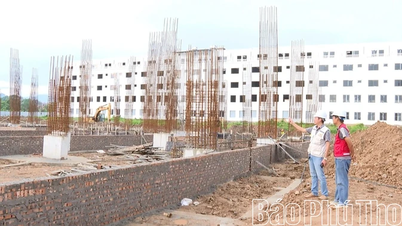
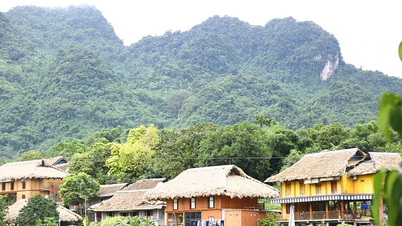
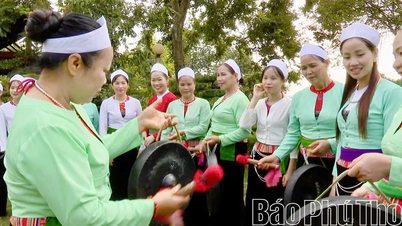
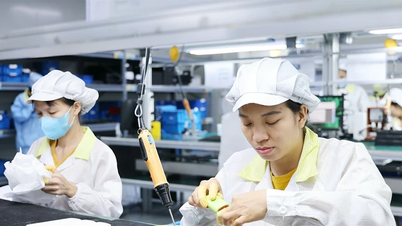
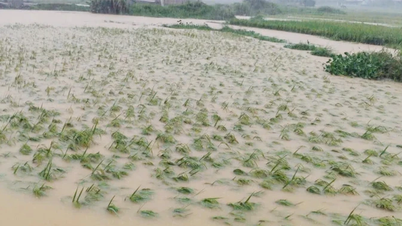




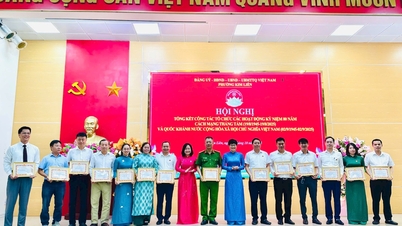
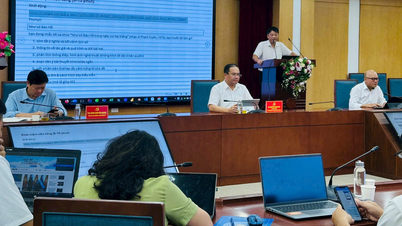
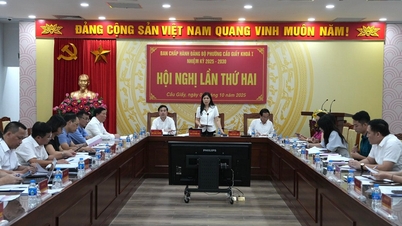
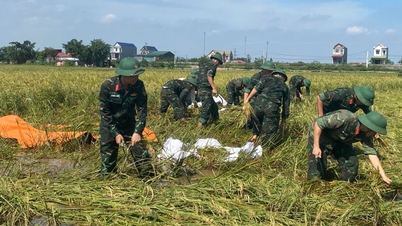

















































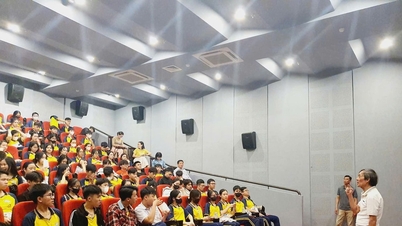



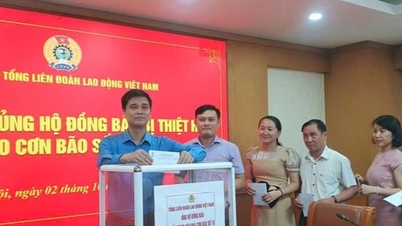

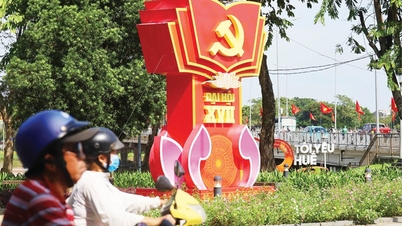

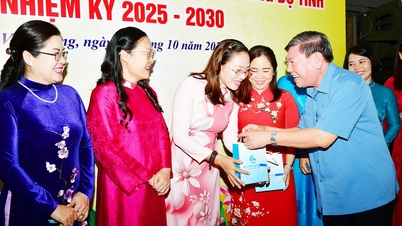

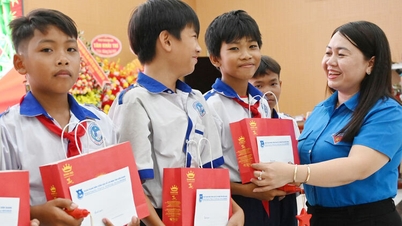













Comment (0)